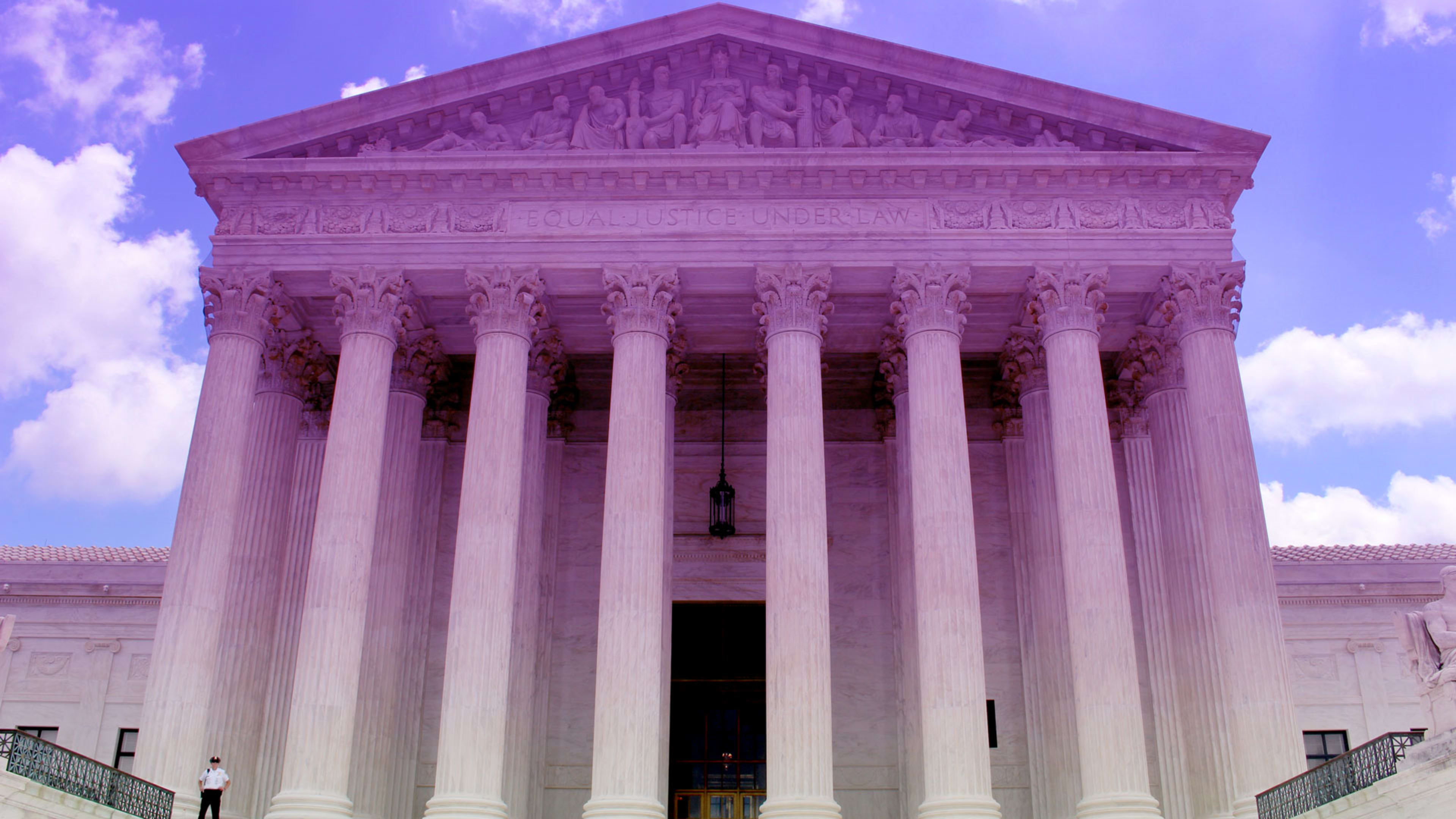In a case that could have widespread ramifications for digital privacy, Supreme Court justices wrestled Wednesday with how to apply Constitutional privacy rights to the massive troves of phone location data stored by cellphone carriers.
Oral arguments in Carpenter v. United States, involving a man named Timothy Carpenter convicted in a series of robberies with the aid of such data, ran 20 minutes over an allotted hour, Bloomberg reports. A federal appellate court previously ruled that police don’t need warrants to obtain even multiple months of such data, citing previous rulings saying metadata like phone numbers dialed isn’t as strictly protected as the actual content of conversations.
Related:
The American Civil Liberties Union, which represents Carpenter, says a warrant should be required. The Justice Department has urged the court to defer to the less restrictive precedent and to a 1986 federal law called the Stored Communications Act, which sets a looser standard for obtaining many digital records than the traditional “probable cause” required for a warrant. The court’s ruling could impact law enforcement access to other types of digital data as well.
During the arguments, both liberal and conservative justices expressed concerns about privacy, The New York Times reports. Justice Sonia Sotomayor commented that “most Americans, I still think, want to avoid Big Brother,” while Justice Samuel Alito raised concerns about new technology creating new privacy issues.
Justice Anthony Kennedy suggested the court might do well to defer to Congress and the rules it enacted in the 1986 law, The Times reports.
Recognize your brand’s excellence by applying to this year’s Brands That Matter Awards before the early-rate deadline, May 3.
